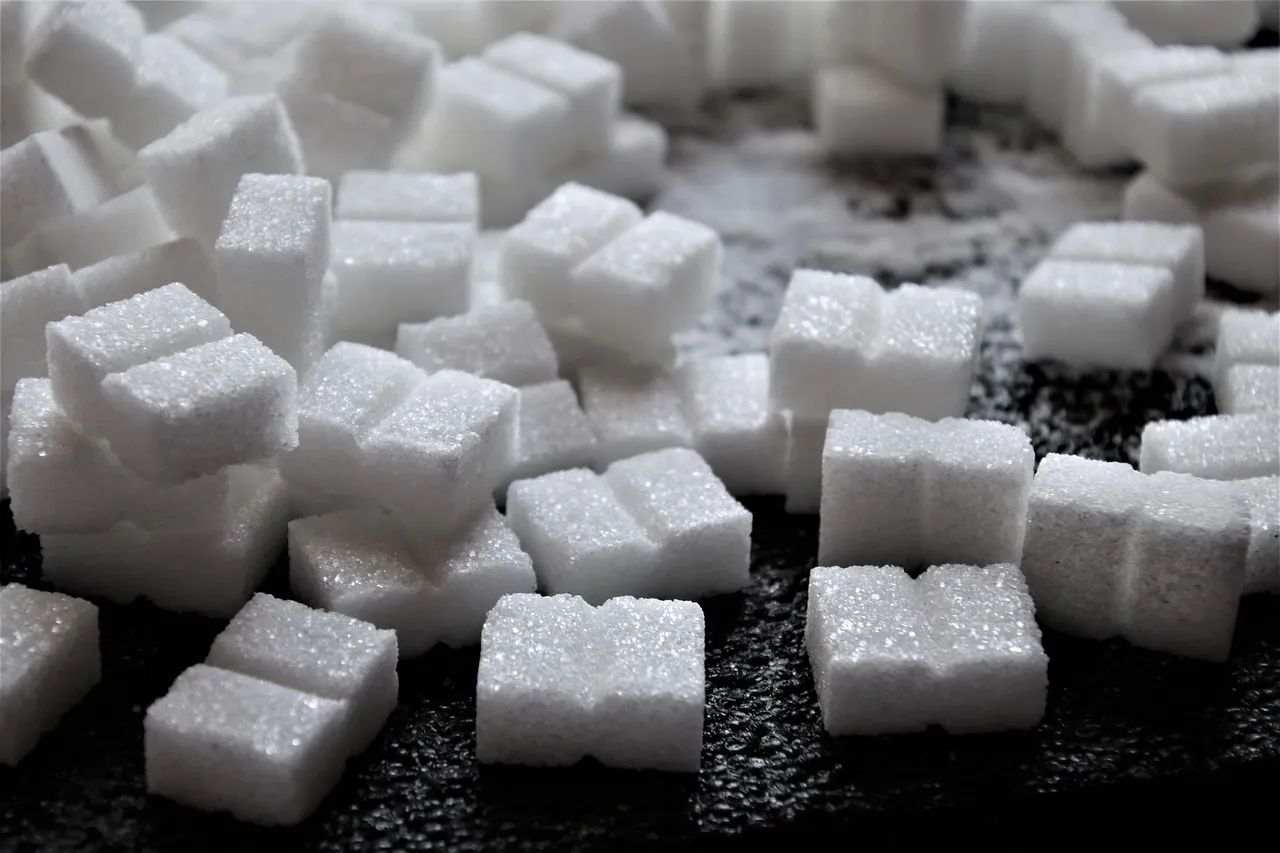
Blood sugar control is crucial in managing diabetes since high blood sugar can lead to health problems. Track your blood sugar, take insulin or other medicines as prescribed by your doctor, keep a balanced diet, stay hydrated, and exercise routinely to manage high blood sugar. If you notice symptoms of hyperglycemia, talk to your doctor about your diabetes management plan. A major reason why you may have hyperglycemia is insulin resistance. Insulin resistance happens when your muscle, fat, and liver cells react abnormally to insulin. As a result, your body needs higher amounts of insulin to balance out your blood sugar levels.
If you use continuous glucose monitoring (CGM), your device may alert you to high blood sugar. As this technology can sometimes be inaccurate, it’s important to check your blood sugar with a glucose meter if the CGM reading doesn’t match how you feel. If you’re living with diabetes, tracking your blood sugar is an important part of managing the disease. The target for people with diabetes is 70 to 130 mg/dL before meals and less than 180 mg/dL after meals.
High blood sugar, also known as hyperglycemia, is a condition that can have serious health implications if left untreated. It’s important to recognize the signs and symptoms of high blood sugar so that you can take action to bring your levels back to normal. Here are some common indicators that your sugar levels may be too high:
Secondhand smoke can also affect the health of your family or others who live with you. If you have DKA, chemicals called ketones start to make a lot of acid in your body. You can prevent DKA by carefully giving yourself the correct insulin dose every day. Blood glucose that gets too high or too low can be dangerous.
Symptoms of High Blood Sugar
- Frequent urination: If you find yourself needing to urinate more often than usual, it could be a sign of high blood sugar.
- Increased thirst: Feeling constantly thirsty, even after drinking plenty of fluids, can indicate elevated sugar levels in your blood.
- Unexplained weight loss: Sudden weight loss without changes to diet or exercise can be a symptom of high blood sugar.
- Fatigue: Chronic fatigue and weakness can be a result of your body’s inability to effectively utilize glucose for energy.
- Blurred vision: High blood sugar can cause changes in your vision, such as blurred or distorted sight.
The following 12 signs might mean you’re eating too much sugar. Added sugars are anything that’s added to food to make it taste sweet, and this includes natural sugars like honey and maple syrup. Talk to your healthcare team about whether intramuscular injections are a good idea during hyperglycemic episodes. They can also tell you where and how to give yourself this kind of injection. With type 1 diabetes, the symptoms usually happen quickly, in a matter of days or a few weeks. Two hours later, if your sugar level is higher than 200, this could mean diabetes, and 140 to 199 mg/dL suggests prediabetes.
DKA can also affect people who have undiagnosed Type 1 diabetes. This condition is an emergency situation that can lead to coma or death. Hyperglycemia is high blood glucose that can occur in people with diabetes due to several conditions, including insufficient or ineffective insulin, diabetes medications, or diet and lifestyle changes. Even if a person has a blood glucose level above 180 mg/dl, symptoms may not occur immediately or at all. Underlying health conditions and typical blood sugar levels can all affect the onset and severity of symptoms. High blood sugar, also called hyperglycemia, affects people who have diabetes.
It offers a lifestyle coach and a support group for people with prediabetes. Medicare also covers the program for people who are qualified. As mentioned, uncontrolled blood sugar can cause nerve damage, also known as diabetic neuropathy.
How to Confirm High Blood Sugar
If you are experiencing any of these symptoms, it is important to test your blood sugar levels using a glucometer. A fasting blood sugar level above 126 mg/dL or a random blood sugar level above 200 mg/dL may indicate hyperglycemia.
FAQs About High Blood Sugar
- Can high blood sugar be reversed? Yes, through lifestyle changes such as diet and exercise, it is possible to lower high blood sugar levels.
- What complications can arise from untreated high blood sugar? Untreated hyperglycemia can lead to serious health problems, including diabetic ketoacidosis and long-term damage to organs such as the kidneys and eyes.
- When should I seek medical attention for high blood sugar? If your blood sugar levels are consistently high or if you are experiencing severe symptoms such as confusion or difficulty breathing, seek medical help immediately.




